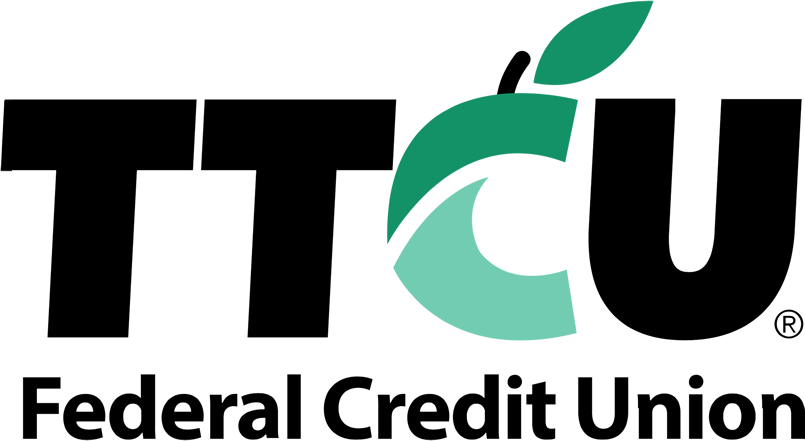- Details
- Written by Remar Sutton
- Category: Uncategorised

Have you been saving your money? If so, what type of account are you putting it in? There are many choices. In this report we look at typical savings options offered by many credit unions and banks.
In this report we look at typical savings options offered by many credit unions and banks.
Basic Savings Account
This is an account that earns interest and can be opened with an initial deposit as small as $5 or as much as $100 depending on the financial institution. Interest is calculated daily and paid monthly though the amount earned is relatively small. Some savings accounts require that you keep a minimum balance in order to earn interest. Others may charge a monthly fee unless you maintain a minimum or specific average monthly balance. Some financial institutions may limit the number of withdrawals you can make each month.
Premium or High-Interest Savings Account
Some financial institutions provide another savings account that pays a higher interest rate than a basic savings account. These accounts typically require a larger initial deposit and minimum balance. Some accounts have tiers where the interest rate increases as the account balance increases. Each tier is defined by the range of account balances and the interest rate it will earn. A monthly fee is charged if you fail to maintain a minimum balance or specific average monthly balance.
Money Market Account
This is an account that pays a higher interest rate than a basic savings account and provides limited check-writing. These accounts typically require a larger initial deposit and minimum balance than a basic savings account. Withdrawals from the account are limited to 6 by the Federal Reserve though the financial institution may limit it to fewer. A penalty is assessed if the withdrawal limit is exceeded. Some of these accounts may have tiers. Some accounts charge a monthly fee unless a monthly direct deposit is made. A monthly fee may also be charged if the account balance drops below the required minimum balance.
Certificate of Deposit (CD)
This is a savings account that earns interest for a fixed period of time or term. The longer the term the higher the interest rate. The term for a CD generally ranges from one month to 5 years. The minimum amount required to open a CD is determined by the term. Shorter terms have lower minimums. A penalty is assessed if money is withdrawn from the CD prior to the end of the term. The early withdrawal penalty is typically equal to an amount of interest.
Advantages and Disadvantages
All of these accounts allow you to access your money when you need it while earning interest. This is an advantage but can also be a disadvantage because you can spend it without a lot of effort. These accounts are relatively risk free. As long as your accounts are in a financial institution that is insured by the NCUA or FDIC, your money in these accounts is insured up to $250,000. A disadvantage are the low interest rates. Typical interest rates range from around 0.01% for a basic savings account to around 2% for money market accounts and longer term CDs.




































